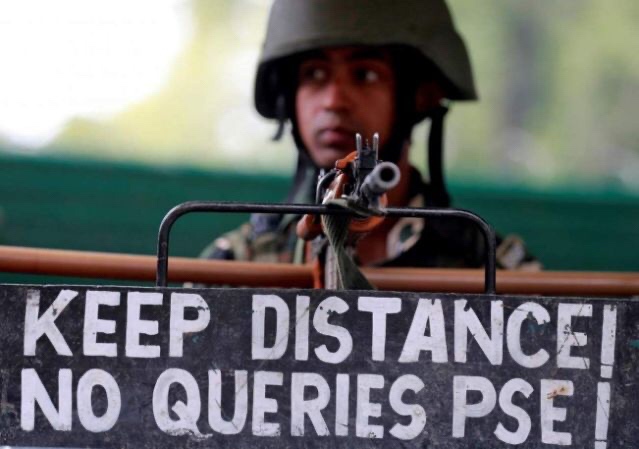January 24, 2020, 4:09 AM MST
The Kashmir question will make the already-dim prospects for a de-escalation in tensions between India and Pakistan even more remote in 2020, raising the chances of conflict between the two South Asian powers.Tensions spiked in February, when, for the first time in nearly five decades, the longtime rivals hit each other with airstrikes. The exchange began after India blamed a Pakistan-based group for a suicide bombing in Indian-controlled Kashmir that month. Ratcheting tensions up even further, Indian Prime Minister Narendra Modi’s government — reelected in May — revoked Jammu and Kashmir state’s autonomy in August, prompting strong condemnation from Pakistani Prime Minister Imran Khan’s government. Together, the developments will make for a fraught year for bilateral relations centered on the dispute over Kashmir, where ongoing militant activity could trigger another military confrontation. Moreover, it will limit Modi’s ambitions for the territory.
A New Legal Status
The deadliest attack in the 30-year insurgency in Indian-controlled Kashmir occurred Feb. 14 when a suicide attacker drove a vehicle-borne improvised explosive device into a paramilitary convoy in the district of Pulwama, killing 40 personnel from the Central Reserve Police Force. Blaming Jaish-e-Mohammed, a Pakistan-based militant group, Modi’s government launched airstrikes into Pakistan 12 days later against a purported Jaish-e-Mohammed training camp in Balakot in Pakistan’s Khyber-Pakhtunkhwa province, an undisputed territory. Pakistan launched its own counterstrike the next day across the Line of Control, the de facto border dividing Kashmir between both countries. As Indian jets responded, a dogfight ensued in which Pakistan captured an Indian pilot. Khan ordered his release March 1, allowing the two countries to back away from the brink.
No comments:
Post a Comment